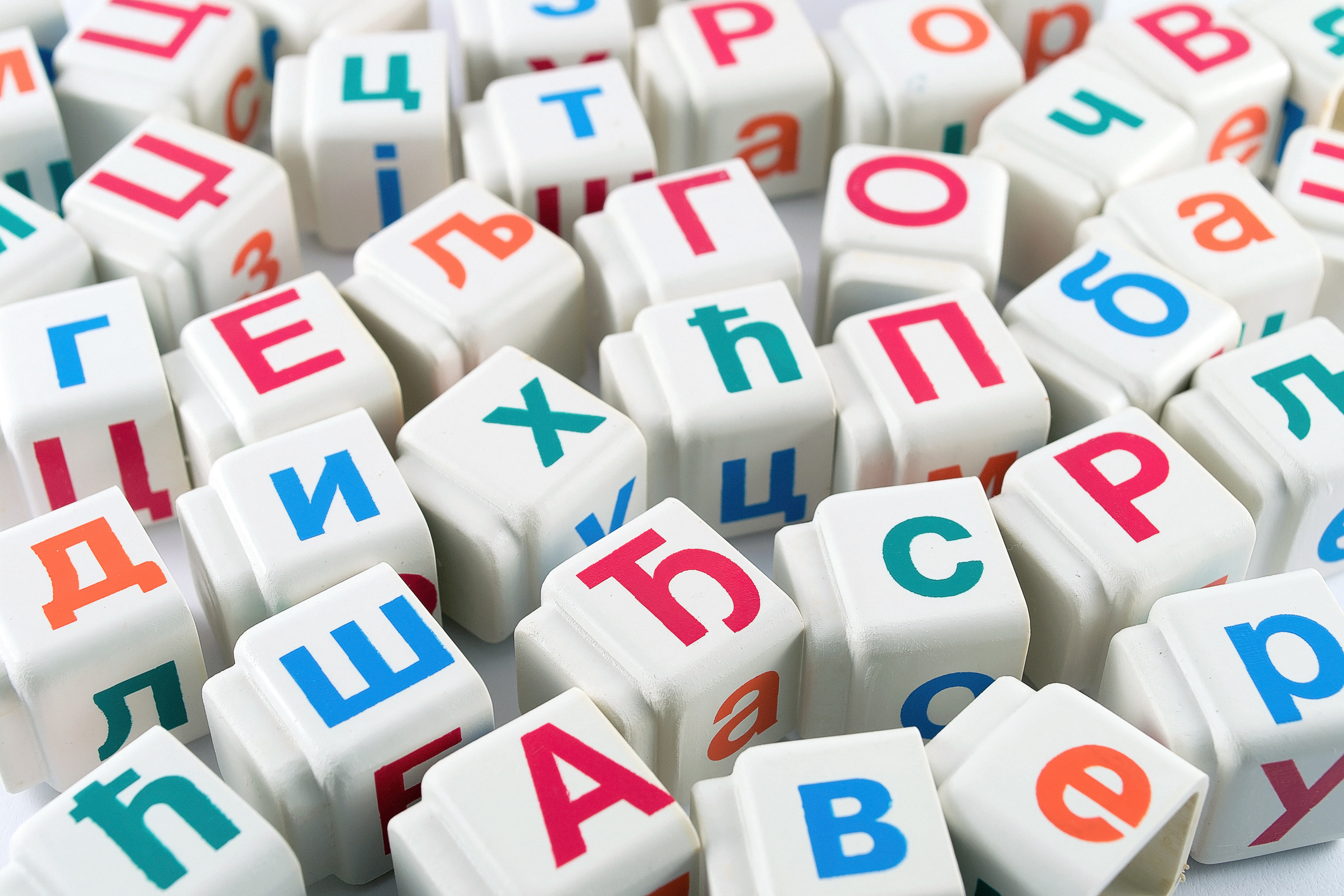
Presenter: Professor Grigori Kliucharev, Head of the Department of Sociology of Education and Science, Institute of Sociology, Russian Academy of Sciences (Moscow)
Chair: Professor John Morgan
This seminar is part of the WISERD Civil Society Seminar Series and explores recent data on literacy and social and political participation in Russia. It will look at how education has responded to social change in Russia and how literacy levels correspond to social and political activity.
The purpose of the presentation is to provide a theoretical and conceptual basis for the most recent empirical data on literacy and social and political participation in Russia. Since the late 1980s the connection between the concepts of civil society, social change and active citizenship has been of growing importance in the social sciences, especially in the context of states and societies in transition. It is an important area of research on contemporary Russia, providing an opportunity to combine comparative and historical perspectives with current public policy and governance issues. I shall also consider the further dimension of what is suggested as a new popular education in response to social change in Russia and the potential role this has in social and human capital formation; in shaping civil society and in developing active and responsible citizens.
Literacy is key to this when viewed from the standpoint of basic competence. It may be defined as opening a body of knowledge, skills and strategies acquired through life. Literacy is also regarded as an evolving concept, which recognizes the fact that the level of literacy required for the previous generation of personal growth, economic and civic participation, is different from current expectations. I shall present some recent findings of our research in Russia on how basic and functional literacy level corresponds to social and political activity.
Image credit: Helios4Eos at iStock
